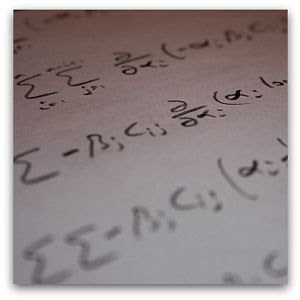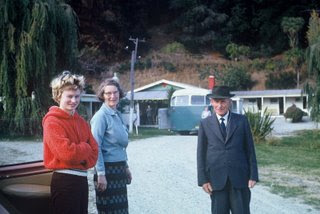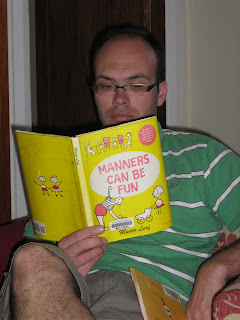
Two recent headlines stated exactly how bad our education system is supposed to be.
The first headline gleefully announced that we were crappier than Kazakhstan at science in primary school. We all know this is dire because we have all seen Borat which is a gripping, fly-on-the-wall documentary about the Kazakhstan primary school education system.
The following day we were told that “New Zealand has been ranked second worst among 37 countries when it comes to bullying in primary schools, according to a major international report.” The solitary country below us was Tunisia.
These seemed like remarkable claims so I decided to investigate further. Both stories come from the same report. The report is from the Trends in International Mathematics and Science Study which “provides reliable and timely data on the mathematics and science achievement of U.S. 4th- and 8th-grade students compared to that of students in other countries. TIMSS data have been collected in 1995, 1999, 2003, and 2007.” New Zealand participates in this study for our equivalent of 4th grade; students who are nine to ten years old.
In science, where the average score was given as 500, Kazakhstan was ranked 11th on 533 points while New Zealand was ranked 22nd on 504 points. This is a gap of 29 points, and 11 rankings. Curiously the bigger gap between New Zealand and its academic arch rival Kazakhstan was in maths where they were placed 5th on 549 points and we were 23rd on 492 (below the international average).
Maths (36 participant countries)
Average Score: 500
1. Hong Kong 607
2. Singapore 599
3. Taipei 576
4. Japan 568
5. Kazakhstan 549
11. USA 529
23. New Zealand 492
36. Yemen 224
So, how come the story in the New Zealand media was about science and not about maths which was an even worse result?
*
I have a friend who is doing a PhD in Mathematics. He once observed that he thought it was incredible that in New Zealand it was laughingly accepted if someone was barely numerate (“I can’t do division!”) but regarded as a shameful secret if someone was illiterate. He thought both things should be regarded as equally shameful. He’s right, and I have spent my life as part of the joke.
I was never very good at maths and always faked an illness on maths test day at primary school until my Mother told me she was taking me to the doctor and I was forced to confess. From a very early age I had it in my head that I was going to be an architect. I did Technical Drawing at secondary school and was very good at it. Then someone told me you had to really good at maths to be an architect and I gave up the whole plan.
I got 50% School C. maths. 50%. Actually I probably got 2% and it was scaled up to make a perfect bell curve. I have spent most of my life being very proud of this result. In fact, it is only now that I look back on it and think for the very first time that I was an idiot. My maths education stopped when I was 15. Maths was connected with a career dream that I was still harbouring in my early thirties and yet I still skited about my “perfect” exam result.
Last year I had to take a third form maths class for one spell a week. Sometimes it was a bit hard but what surprised me was that you could actually just sit down, use the textbook and your brain and problem solve and then you would get the answer. A good discovery to make twenty years after School C.
I think how our maths result was non-reported in New Zealand in favour of science tells us something about how we view maths in this country, and when you begin to trawl through how the test was received by the media in participant countries around the world you begin to see certain cultural viewpoints shining though. Here are a few that I thought were interesting.

The Koreans did very well but were glum: “Korean students tend to perform much better in mathematics and science than students in other countries, but have a low level of confidence or interest in the subjects.” The English were quite pleased with themselves, although the Daily Express reported that the reason Singapore was number one was because they were using a textbook from the 1930s, a time when the Empire was still in evidence in that part of the world. The Japanese like the Koreans seemed to be trying to find negative things to focus on in their success: “the decreasing motivation for study among junior high school students is becoming another concern. The number of students that said they enjoyed studying was among the worst three in 48 countries and territories for science, and worst six for math.”
In New Zealand maths isn’t taken seriously. If the headline had been “New Zealand Behind Kazakhstan in Maths” I suspect most people would have just shrugged and thought about how their own maths skills were rubbish anyway. Reading the news in Korea and Japan it’s clear that being in the top five doesn’t necessarily make you happy. Perhaps muddling along being adequate in maths and science is a part of the core identity of what it means to be a New Zealander. Just as it is to beat ourselves with whatever international stick we can find to prove how rubbish we are.
*
And what about that other headline I mentioned at the start about bullying in our primary schools? In this survey bullying was defined as “having something stolen, being hit or hurt by another student, being left out, made fun of, or made to do something you didn’t want to do.” WHAT? Being made to do something you don’t want to? Isn’t that called BEING ALIVE?


























